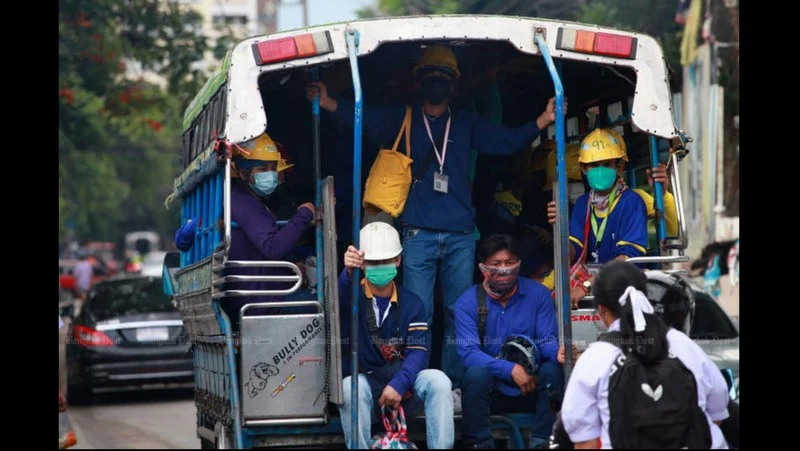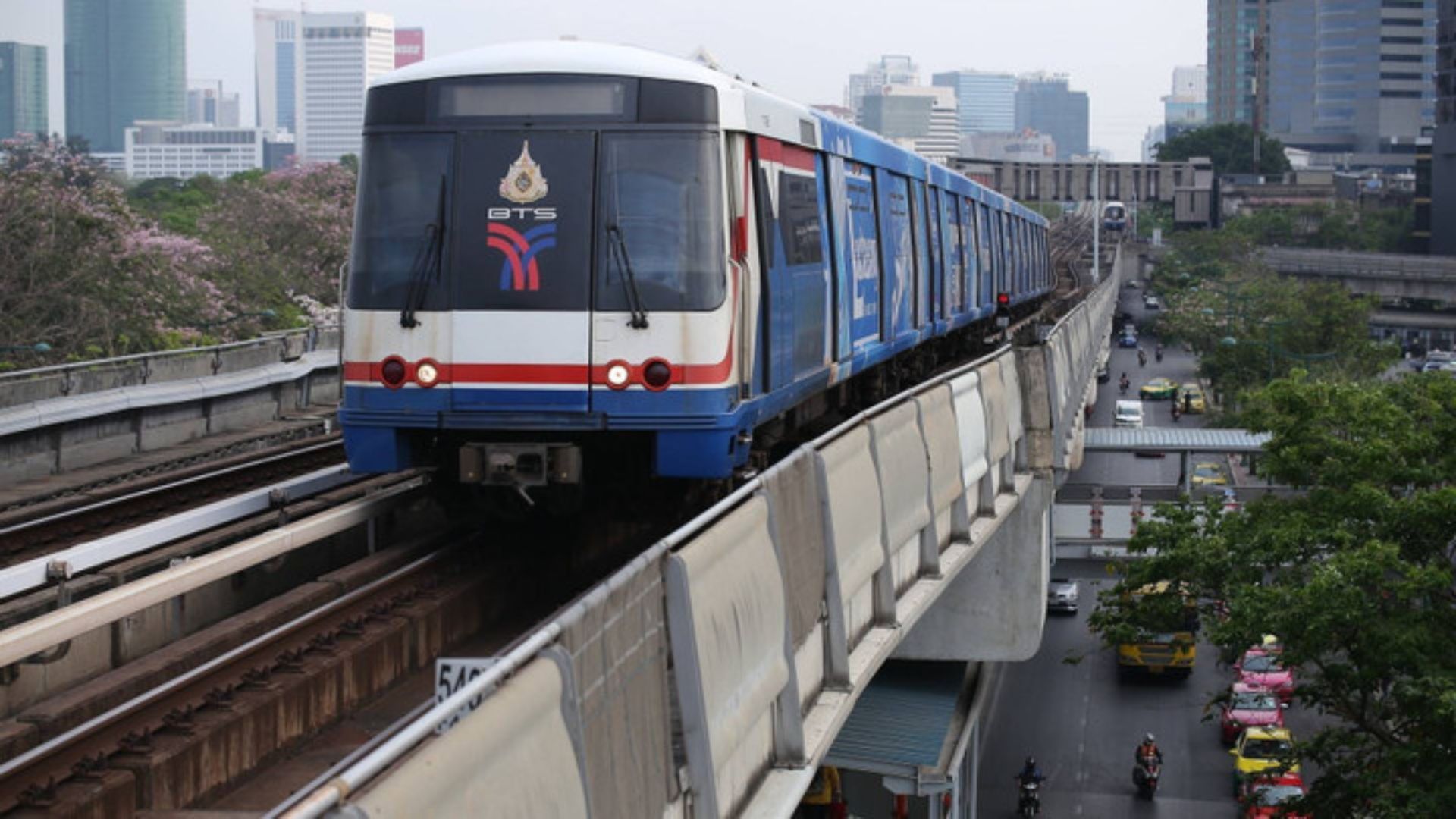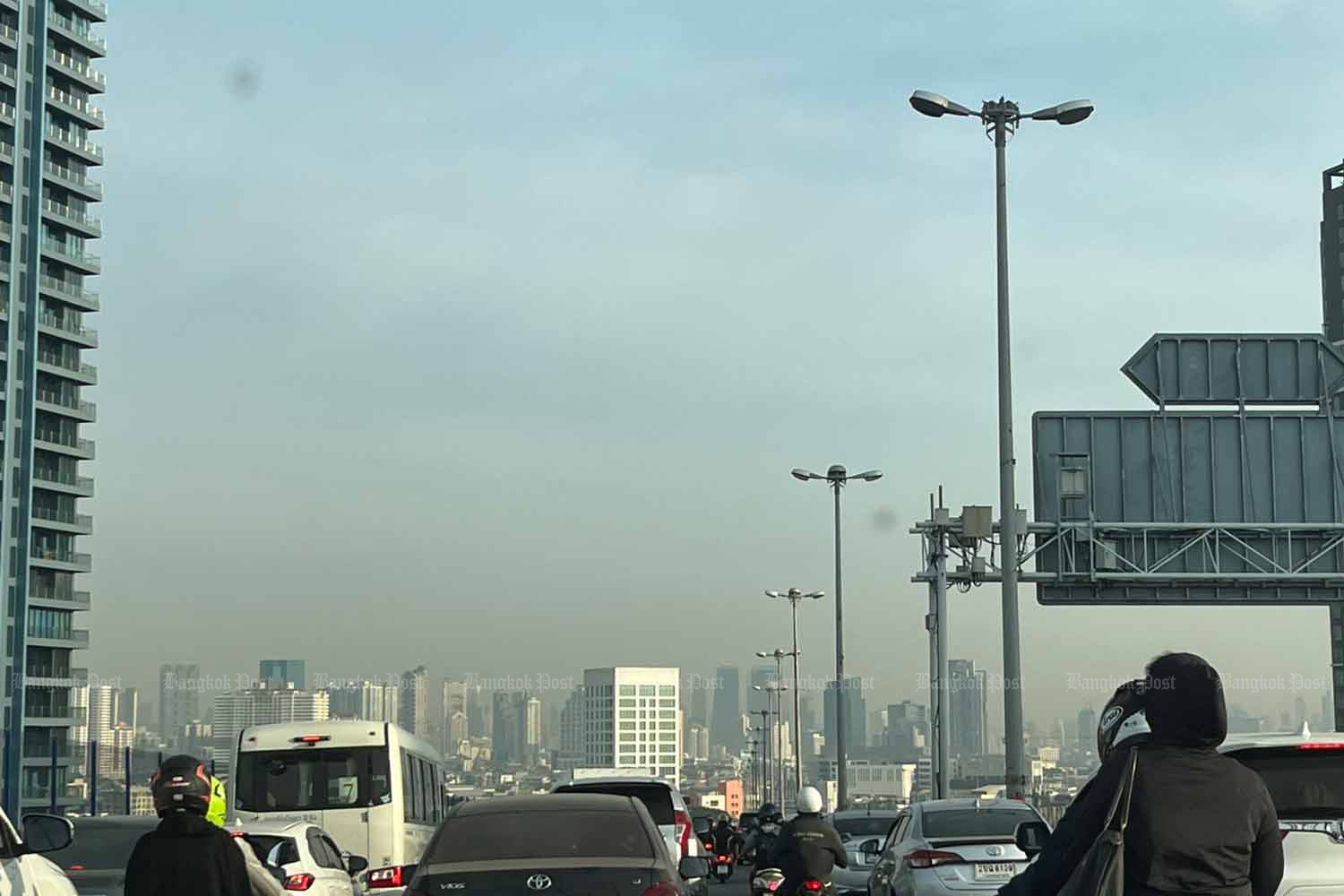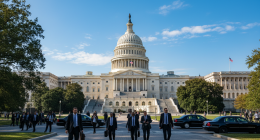Thailand’s plan to raise the daily minimum wage to 400 baht nationwide has hit a snag, with the government opting for a phased implementation instead of a blanket increase. This decision comes after extensive deliberations by the Tripartite Wage Committee, balancing the needs of workers with economic realities.
Regional Rollout
Economic Considerations Drive Wage Decisions
The wage hike will initially target specific regions, with Chachoengsao, Phuket, Rayong, and Koh Samui district of Surat Thani set to implement the 400 baht daily minimum wage starting January 1, 2025. These areas were chosen due to their high cost of living or strategic economic importance.
Gradual Implementation
Balancing Worker Needs and Business Concerns
Other provinces will see varying increases, with Bangkok and six adjacent provinces receiving a 372 baht daily minimum wage. The government’s approach aims to mitigate potential negative impacts on small and medium-sized enterprises (SMEs) while still improving workers’ livelihoods.
Economic Impact
Weighing Benefits Against Potential Challenges
While the wage increase is intended to boost consumer spending and improve living standards, concerns have been raised about its effect on business costs and inflation. The Joint Standing Committee on Commerce, Industry, and Banking has expressed reservations, citing global economic uncertainties.
Future Outlook
Monitoring and Adjusting the Wage Policy
As the phased implementation unfolds, the government will likely monitor its impact closely. Future adjustments may be made based on economic performance and the ability of businesses to adapt to the new wage structure.









